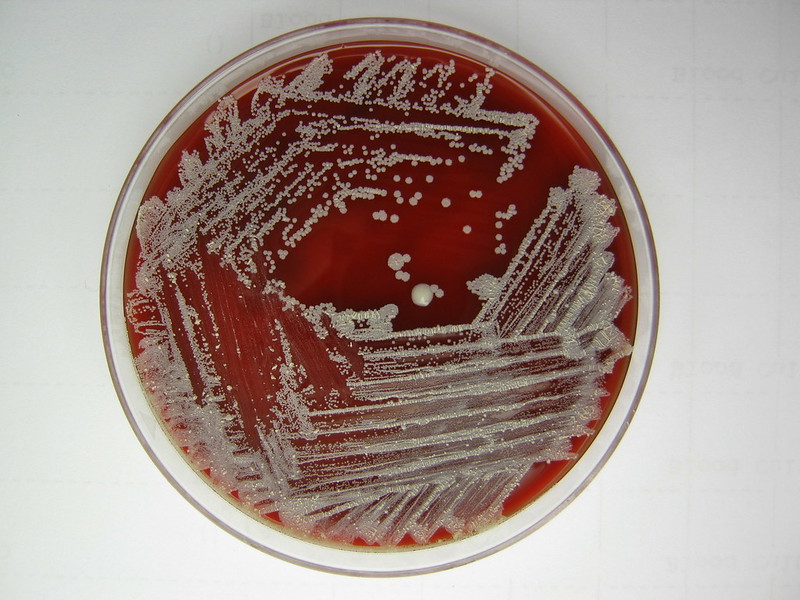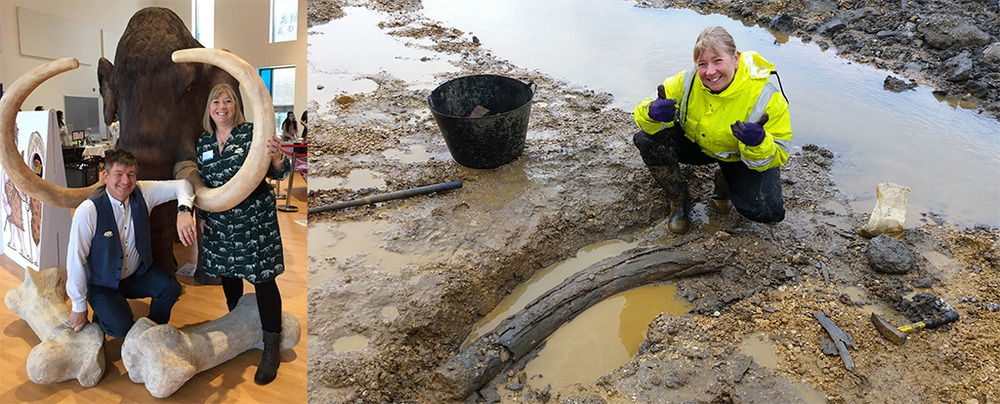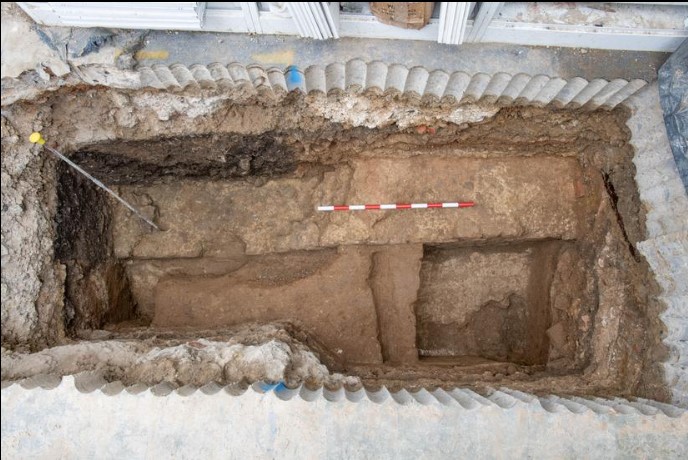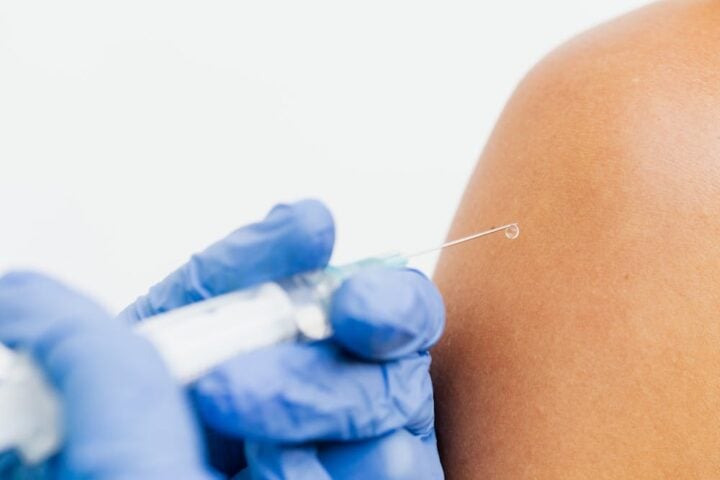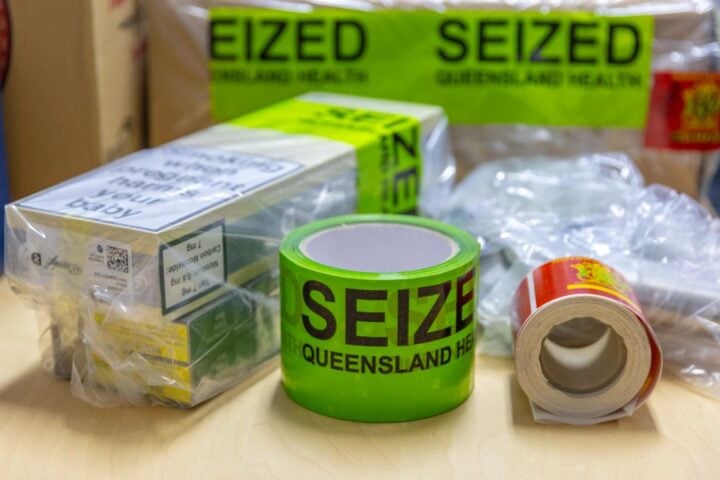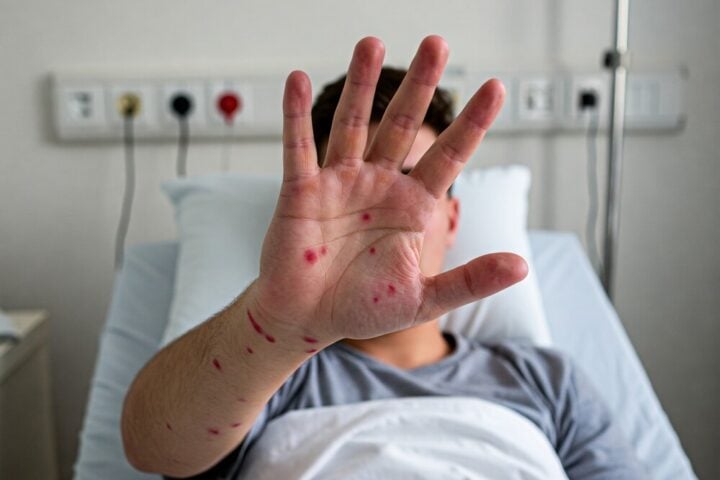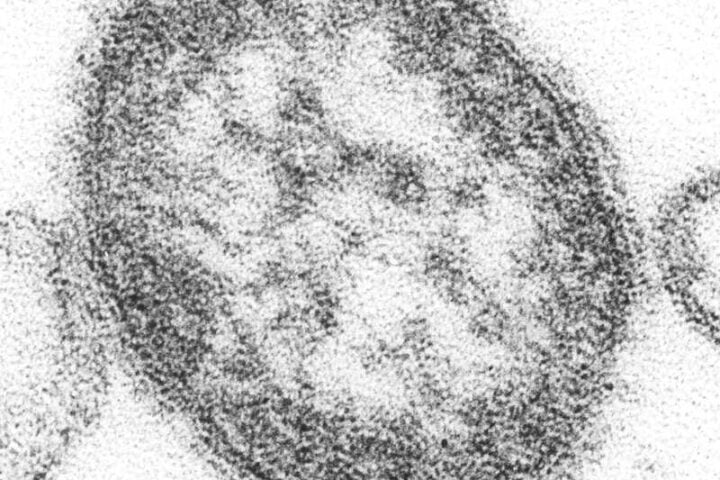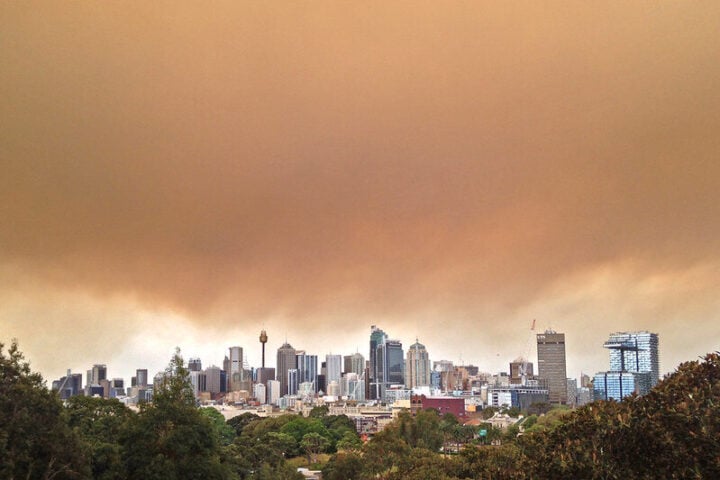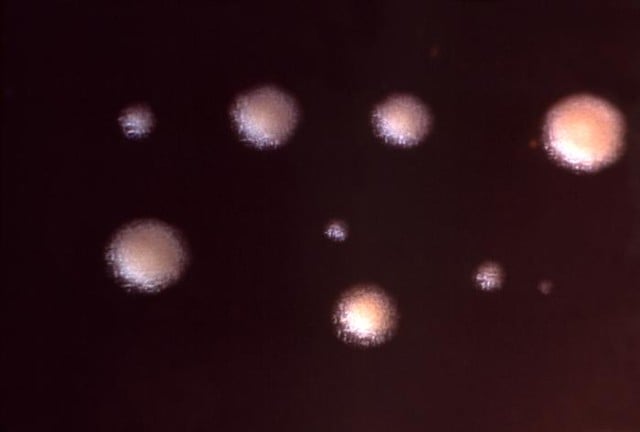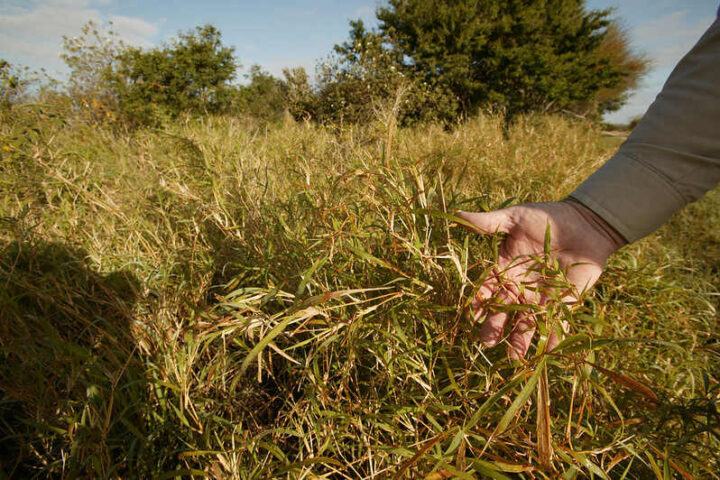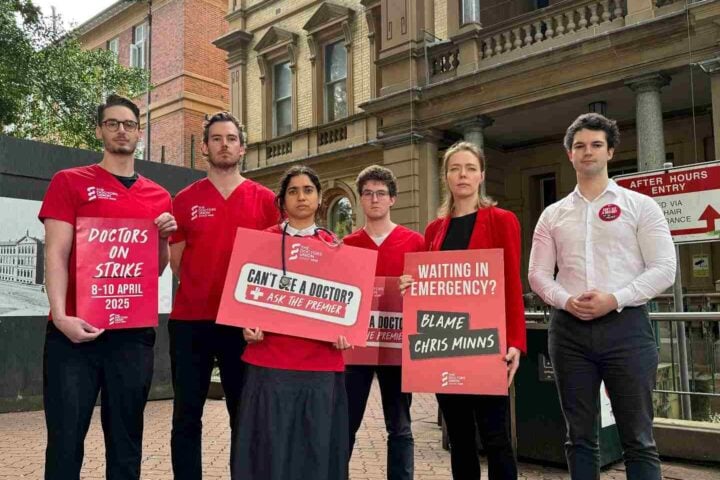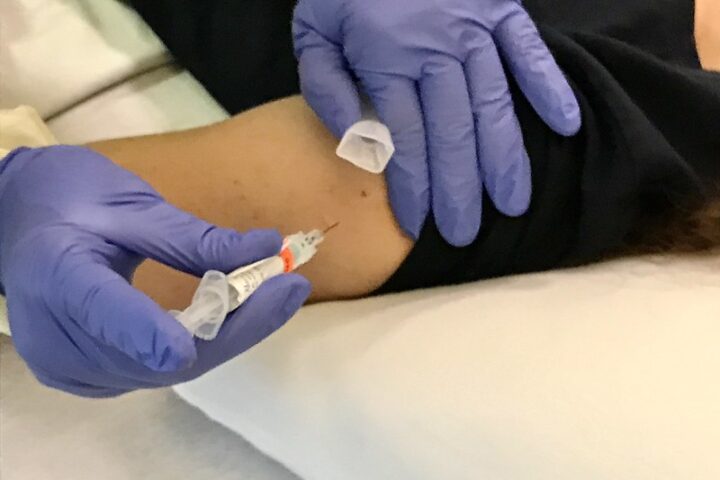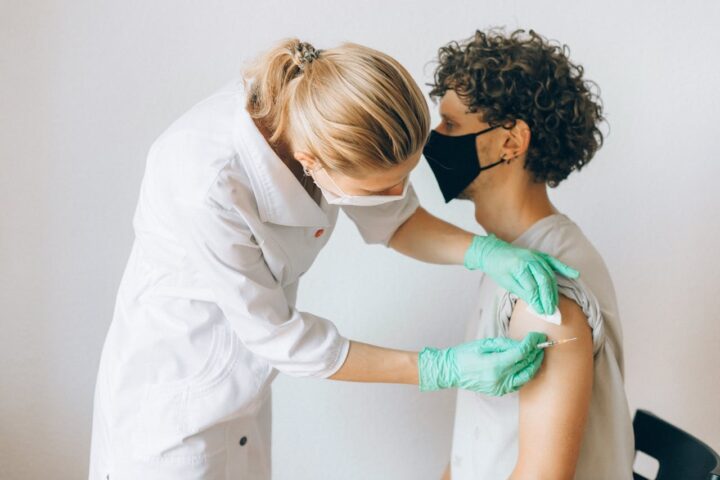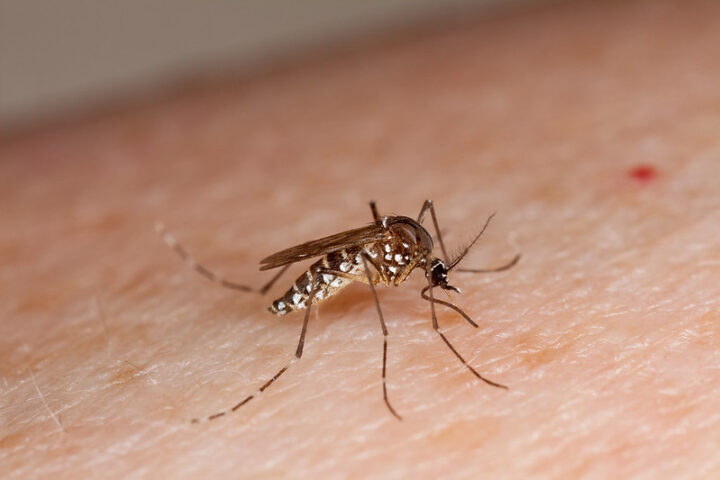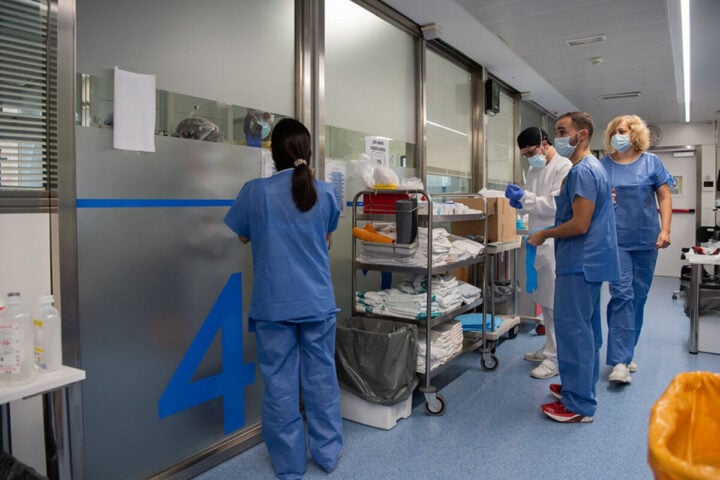A common soil bacteria has turned deadly in Far North Queensland, taking two lives and affecting many others during this year’s unusually wet season. Local health services have seen 36 people fall ill since November 2024 – a sharp jump from just 14 cases last year.
The illness, called melioidosis, spreads when heavy rains bring bacteria from deep in the ground to the surface. Think of it like tea steeping – when rain soaks the soil, it pulls up bacteria that usually stay buried. These bacteria can then enter the body through small cuts, get breathed in from the air, or be swallowed with dirty water.
“We’ve had a very big season of melioidosis so far,” says Dr. Jacqui Murdoch, who leads Tropical Public Health Services in Cairns. “Many of our recent cases are from people breathing in the bacteria during rainy conditions.”
The timing is unusual too. “There has been a relatively late start to the monsoonal season for us here in Cairns,” Dr. Murdoch explains. This means the danger period could last longer than usual.
While most healthy adults can fight off the infection, it poses serious risks to certain groups. People with diabetes, kidney or lung problems, and those with weakened immune systems need to be especially careful. The infection can be deadly – even with proper medical care, up to 20% of treated cases don’t survive.
Warning signs start like a bad flu – fever, coughing, and trouble breathing. Sometimes the infection shows up as skin sores that won’t heal. Treatment requires strong antibiotics for at least three months.
Similar Posts
The problem isn’t just in Cairns. Townsville has reported 11 cases since January 2025. The Torres and Cape region has seen one case, down from three at this time last year.
To stay safe, Dr. Murdoch recommends practical steps: “When you go outside, wear protective footwear and gloves, wash your skin thoroughly after exposure to soil or muddy water, and wear a mask if you’re using a hose or high-pressure cleaner around soil.”

This outbreak is part of a bigger picture. Each year, this bacteria makes about 165,000 people sick worldwide, and claims 89,000 lives. While it’s more common in northern Australia and Southeast Asia, doctors often miss diagnosing it in other tropical areas.
The surge in cases has health officials especially watchful. Dr. Murdoch urges anyone with a fever that won’t go away or wounds that won’t heal to see a doctor quickly. “You might not know it’s melioidosis,” she says. “That’s why it’s really important to go and see a GP or go to the emergency department early if you get a fever, cough or difficulty breathing.”
During this wet season, taking precautions around soil and water is crucial for staying healthy.
